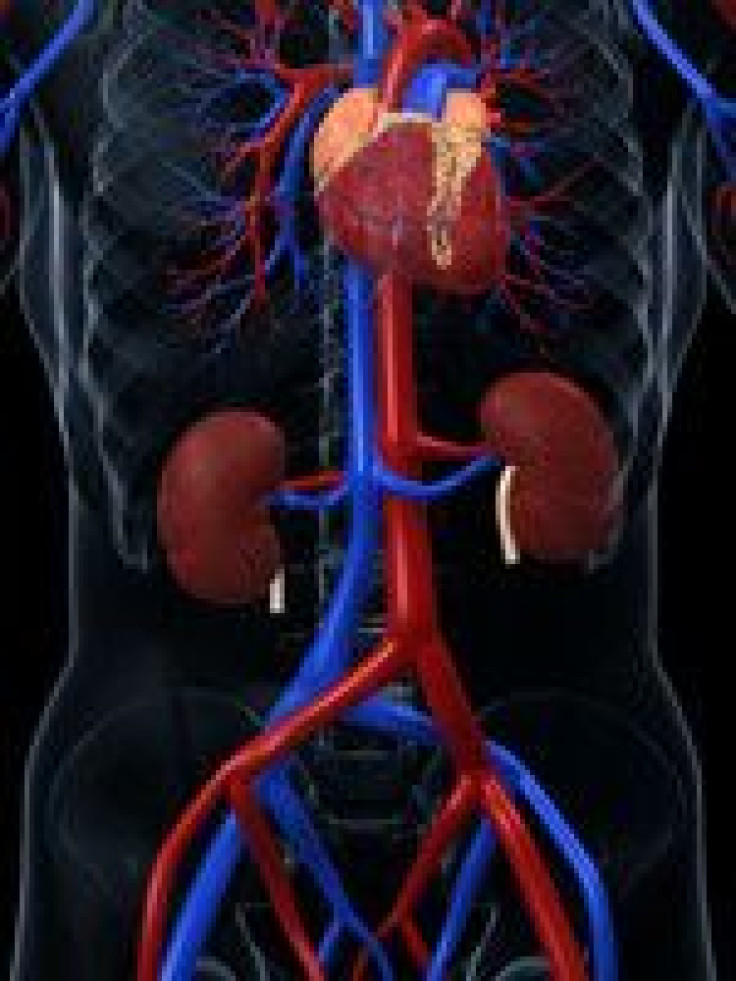Can Kidneys Smell?

Why are our kidneys covered in smell receptors?
Professor Jennifer Pluznick couldn't believe her eyes when an experiment first indicated the presence of olfactory receptors in the macula rensa - a group of cells regulating a number of crucial renal mechanisms.
While she set to work investigating the menacing results, Professor Yehuda Ben-Shahar of Wathington University made a similar discovery, when he identified cells in the human airway outfitted with bitter receptors.
For many years, biologists have puzzled over these repeated discoveries of sensory receptors in increasingly odd places. BBC reports that now, the scientific community is finally formulating a general theory explaining the strange prevalence of smell and taste machinery in places like kidneys and sperm.
The theory suggests that the presence of these receptors in organs like the kidney is no stranger than the presence of such receptors in areas traditionally considered sensory, like the nose or the mouth.
Instead, it would appear that most organs rely on sensory activity when performing essential functions.
Research now yields an emergent biological picture of these seemingly ectopic sensory receptors as nodes in an interlocking system of multi-purpose "trigger mechanisms" that each correspond to a complex bodily function. While the olfactory receptors in our nose allow us to sense external smells, those in our kidneys allows our body to adjust things like the blood filtration rate.
"If you say olfactory receptors in the kidney, it sounds kind of nuts," says Pluznick. "But if you say that chemical sensors are in the kidney, I think it makes a heck of a lot of sense."
Our understanding of smell and taste as sensations particular to the nose and tongue is simply a consequence of our own limited, conscious perception. In fact, some believe that the unconscious sensation might pre-date their conscious equivalents.
"We call these taste receptors, but maybe they aren't taste receptors," says Ben-Shahar. "Maybe they were doing a lot of things before. Recycling is a very strong theme in evolution."
Noam Cohen, an ear, nose and throat doctor at University of Pennsylvania Medical School, agrees. "I'm willing to bet that these bitter receptors were on the airway before they migrated to the tongue, that this is where they really belong."



























